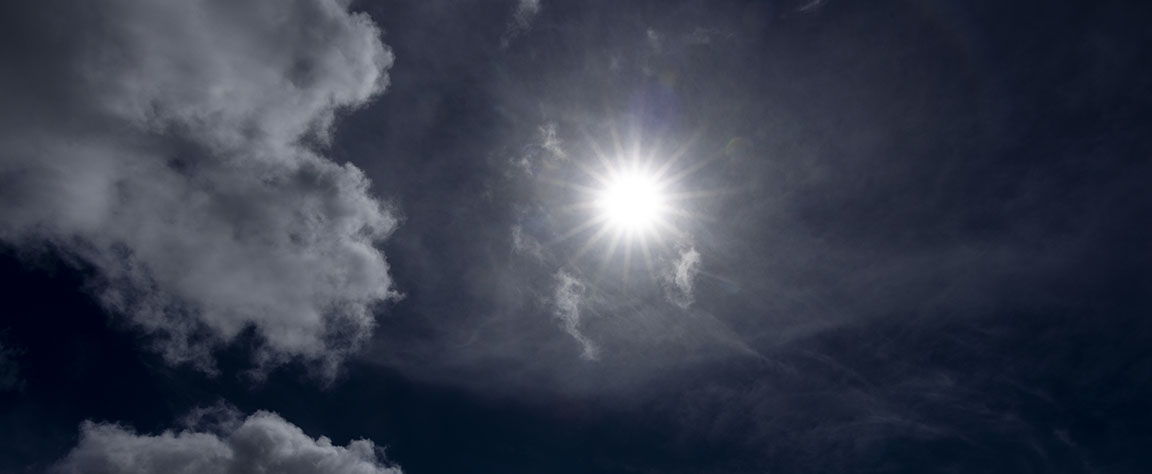World's Attention Called to IPCC Working Group 1 Report
Media Release
On Monday 9th August 2021, the Intergovernmental Panel on Climate Change (IPCC), the body of the United Nations mandated to provide objective scientific information on human-induced climate change, released its Working Group 1 report on the physical science basis of the 6th Assessment Report.
A key finding of the report is that there is now irrefutable evidence that human activity has warmed the atmosphere, oceans, and land and that widespread and rapid environmental changes have occurred as a result.
The report also points to increased scientific evidence that human-induced climate change is driving changes in climate extremes such as heatwaves, heavy rainfall events, droughts, and tropical cyclones, worldwide.
A finding of particular concern is that many changes arising from past and future greenhouse gas emissions are “irreversible for centuries to millennia, especially changes in the ocean, ice sheets and global sea level”.
According to the report, global surface temperature will continue to increase until at least the middle of this century under all emissions scenarios considered. Further, global warming of 1.5°C and 2°C (the limits enshrined in the Paris Agreement) will be exceeded during the 21st century unless deep reductions in carbon dioxide (CO2) and other greenhouse gas emissions occur in the coming decades.
Regarding small islands, including those in the Caribbean region, ocean acidification - which negatively affects corals, shellfish and other marine life - has increased globally and, along with marine heatwaves, will increase further.
Sea levels will very likely continue to rise around small islands, especially with higher emissions and over longer time periods. In addition, sea level rise, together with storm surges and waves, will worsen coastal flooding and increase the potential for further saltwater intrusion into aquifers. While sea level rise will also cause shorelines to retreat along sandy coasts of most small islands, these islands will face more intense, but generally fewer, tropical cyclones.
With specific regard to the Caribbean, the projection is for a continued reduction in rainfall in the coming decades in the June-to-August period. Further, higher evapotranspiration under a warming climate will result in increased dryness and more severe droughts.
The IPCC report has been described as a “code red for humanity” by United Nations Secretary-General António Guterres and has drawn sharp reaction from leaders and experts worldwide, including from the Caribbean.

